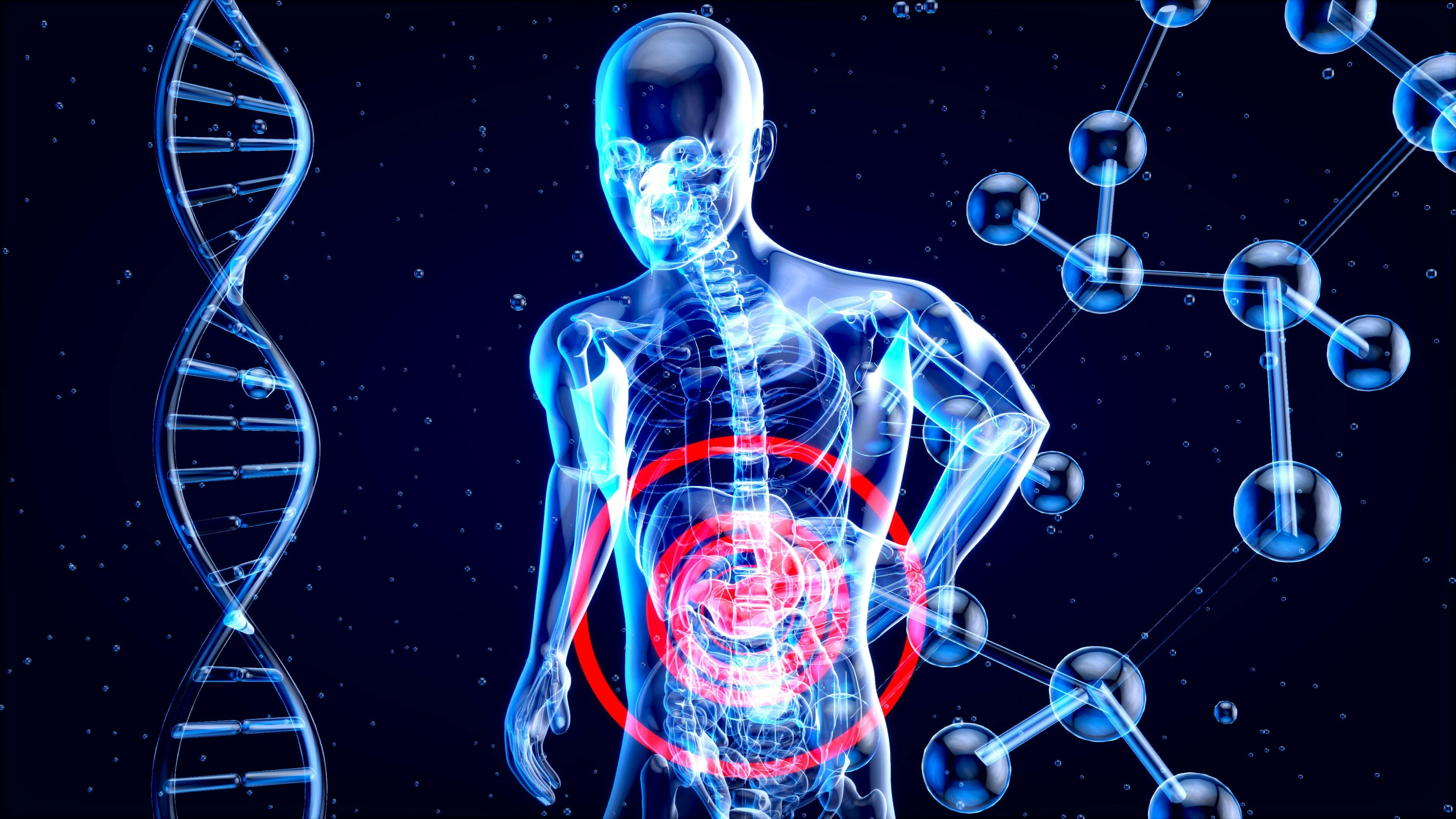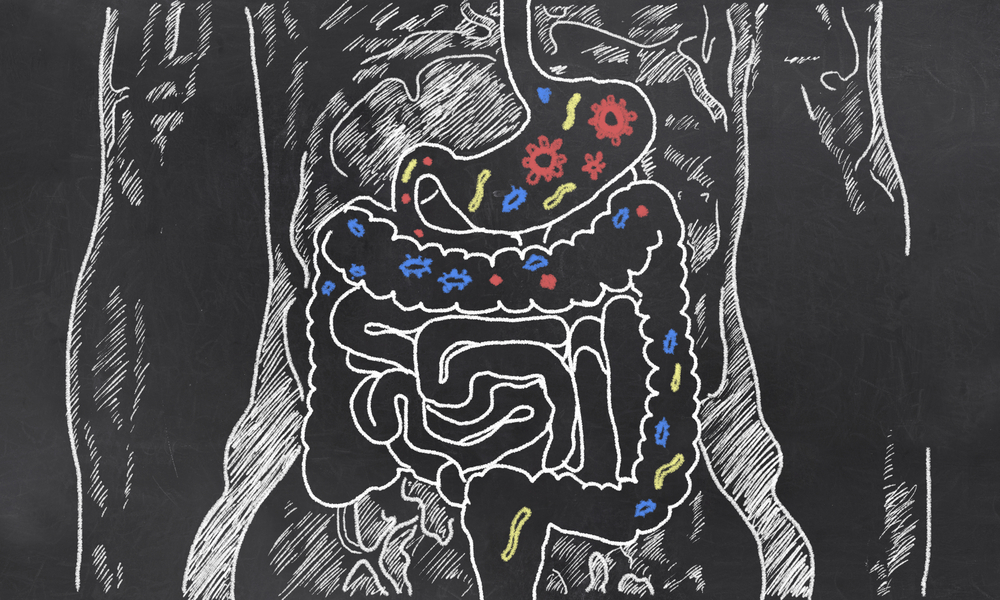When people discover I'm a nutritional therapist, they often look down in dismay at the food in their hand e.g. a salty tortilla chip at a party and say: "I bet you're thinking I shouldn't be eating this."
No actually. I'm more likely to be wondering how this particular food will interact with your unique body and the individual way it works. That food may work ok for you, but not for me, or vice versa. We're all different. In the same way that our eye colour is determined by our genetic make-up, so is our body's response to food. No two individuals are genetically identical and our genes affect everything from metabolic rate to allergy, fat absorption and even taste. Despite the fact that our bodies require different types of food to work efficiently, we often still think in terms of universal 'right' diets or 'wrong' diets.
The type of foods that might help one person thrive, can activate genes connected with disease in others.
Nevertheless, in the 21st century, modern science is moving away from a one size fits all approach and propelling us towards personalised nutrition. This is where the types and amounts of food we eat, are better determined by our individual makeup and lifestyle, than by a diet designed for an average person who doesn't actually exist. The type of foods that might help one person thrive, can activate genes connected with disease in others. For example, I carry two genes connected with celiac disease, which are more common in people of Irish descent. Eating a diet which is high in gluten can activate these. What's more, 80 per cent of people of Asian heritage are unable to digest milk properly because of a genetic lack of the enzyme lactase.
Lifestyle also has a significant impact on nutritional requirements. If you're doing a demanding job, changing time zones, and producing vast amounts of stress hormones, you are likely to need more protein, magnesium and B vitamins than someone on garden leave.
It's very much a case of one person's meat is another person's poison.
People often look surprised if they see me dipping into the tortilla chip bowl at the aforementioned party. And here's why: sometimes, some salt is actually beneficial for certain people. I experience very low blood pressure and feel dizzy when I stand up in the morning. Eating more than the 'recommended' 6g sodium/one full teaspoon per day - that includes salt in foods such as smoked salmon and bacon , helps raise my blood pressure to a level at which I can function better. However, if you're postmenopausal and there is a history of osteoporosis in your family, having a lower salt diet may help you avoid this. So back to that tortilla, it's very much a case of one person's meat is another person's poison.
If you're eating the right food for you, you'll feel fit and healthy and free of digestive symptoms, rashes and sneezing, plus a whole raft of other possibilities. But if you suspect a food is wrong for you and you want to identify it - here's how:
Identify your unique problem
1. Cut it out of your diet for four weeks, then reintroduce it and monitor symptoms. People often think of food reactions as a rash, but reactions can be much more far-ranging from fatigue, migraines to feeling sick, having bloating or needing the loo - or not as the case may be.
2. Take a test. Food sensitivity tests range from lactose breath tests to blood tests which pick up antibodies produced by a body unhappy to receive allergens such as gluten.
3. Better still, take a genome test which provides your complete genetic code. These tests used to cost thousands but are now far more reasonable. The 23andme test costs from £79. You spit into a test tube and send it to a lab which reads your genome. You can then very easily feed this into a health web site such as Promethease for $12 and in 10 minutes you get hundreds of pieces of health information contained in your particular genes. Mine came up with several celiac and autoimmune diseases connected with gluten sensitivity. It also showed I'm a slow caffeine metaboliser which explains why I feel wired for hours after drinking coffee. The test also helps you modify your lifestyle to reduce your chances of certain diseases.






